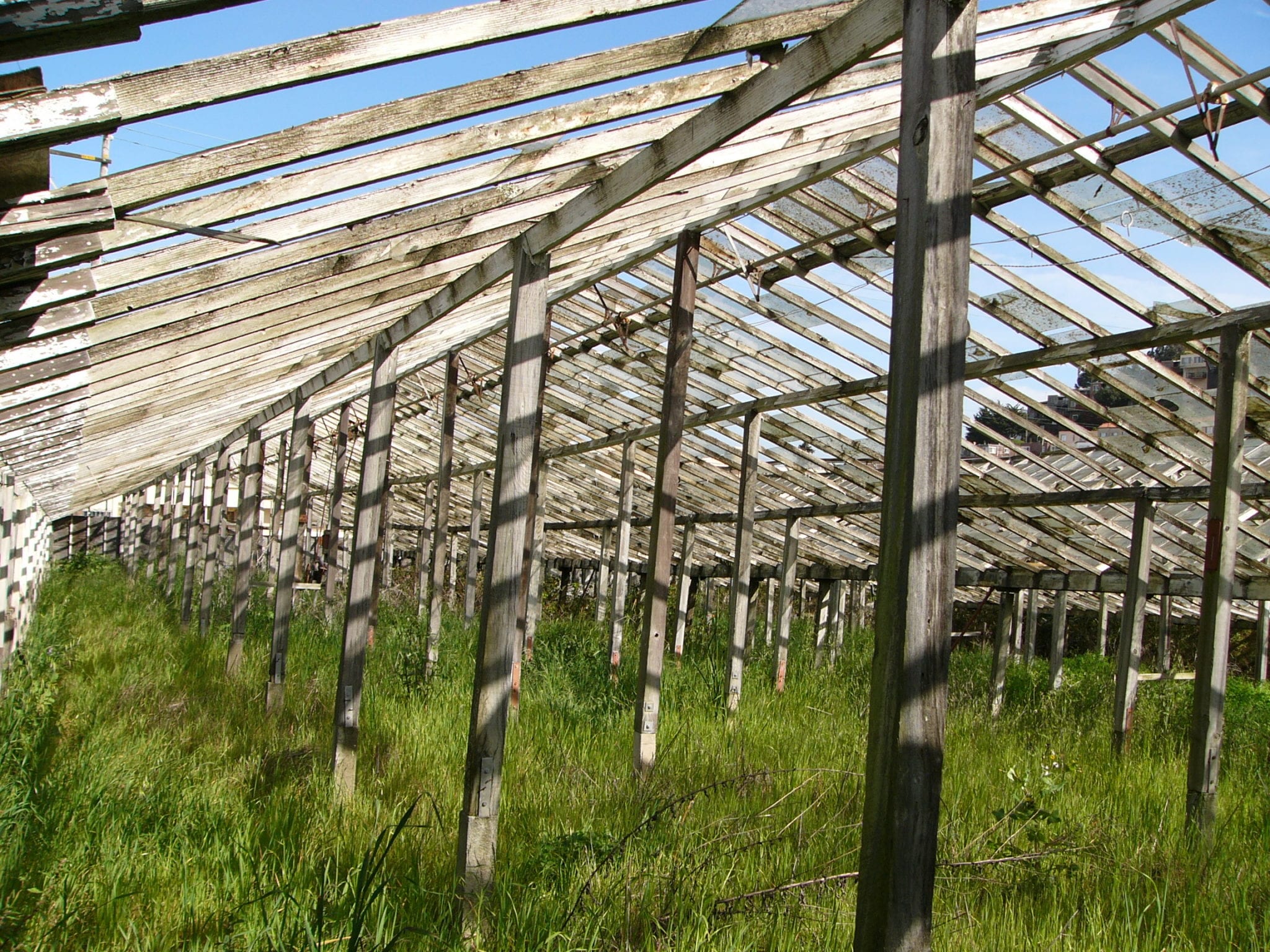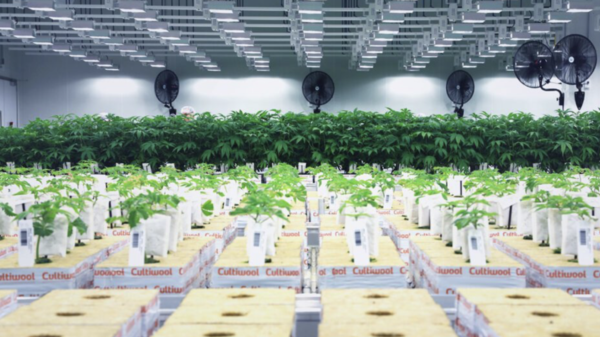Shareholders of cannabis companies should be preparing for a wave of incoming bankruptcies, which a veteran cannabis lawyer says is due to crash in 2020.
“We have had a number of busy years in the cannabis industry, and I think we will continue to see that in 2020. But there will be a shift to more bankruptcy and insolvency type of work in the next 12 months,” said Ranjeev Dhillon, lead cannabis lawyer and partner at McCarthy Tetrault. “We’re forecasting that we will see a lot more of that in 2020 for sure.”

Cannabis lawyer Ranjeev Dhillon is a partner at McCarthy Tetrault LLP where he practices in mergers and acquisitions and the equity markets.
Dhillon, who’s worked with some of the industry’s biggest names like Canopy Growth (TSX: WEED), said he couldn’t discuss specific companies that are likely to go under because they might be clients.
But he said companies likely to file for insolvency in 2020 are those with weaker management, and who didn’t prepare for the pot stock crash over the last few months.
According to Canadian law, common shareholders are not entitled to receive any of the money they invested in a company that files for insolvency.
Cannabis companies with high cash burn rates are turning to debt financing as the equity markets dry up, which isn’t sustainable — especially for the smaller or medium pot firms, Dhillon said.
“I think we’ll also see a lot of companies that just should never have gone public, or just have poor management teams and don’t have access to the capital markets,” the cannabis lawyer said.
“They’re going to struggle and they’re going to be taken up either through insolvency processes where their assets are stripped or they’ll just be acquired outright.”
In Canada, there are currently over 200 companies with cannabis sales, cultivation and processing licences, according to Health Canada.
But the large pool of weed players are all vying for a piece of the same Canadian market that sold less than $1 billion worth of cannabis in the first year of legalization.
Read more: Canadians dropped $908 million on legal weed in first year: Stats Can
Separating the winners from the losers
The next 12 months will help to separate the winners and the losers, Dhillon said. This will also lead to a flurry of consolidation deals for a number of reasons, which could be a boon for the industry, he added.
“I think you will also see some forced consolidation because one company might have a great [cannabis] 2.0 strategy, but they don’t necessarily have the cash,” Dhillon said. “But then another company might have the cash, but they don’t have a good 2.0 story, so that would make sense for them to join up for synergy purposes.”
Dhillon said under Canada’s strict regulations it’s even more important for companies to distinguish brands in order to stay ahead of the pack.
He added those that are able to survive the next few quarters will also benefit from the possibility of more relaxed rules on marketing and advertising. Dhillon predicts in 2020 regulators will start to loosen from the conservative approach they’ve taken since Canada became the first industrialized nation to legalize cannabis.
“When the original regulations first came out there was no reference to topicals or edibles or products of that nature,” Dhillon said. “But cannabis 2.0 eventually came out to deal with all those things and I think we’ll eventually see a cannabis 3.0 and a cannabis 4.0, which will bring more products and more relaxed advertising and marketing rules.”
In the meantime, Dhillon said people are being forced to realize the cannabis industry is just like any other industry where execution in generating sales is more important than trying to hype up stock value based on potential.
“I think we’ll see more of a professionalization of the industry. And I think we’ve already started to see that with some of the larger public companies changing management,” he said. “I think that will continue on in 2020.”
At the close of 2019, the public face of Aurora Cannabis (TSX: ACB), Cam Battley, stepped down from his role chief corporate officer in one of the biggest corporate shuffles to hit the industry.
Aurora saw a 33 per cent decline in cannabis revenue in its most recent quarter that ended September 30. The company burned through $124.4 million in operating and investment expenses in the quarter leaving it with $152.5 million cash left in the bank.
The weed giant listed one of its greenhouses in Exeter, Ontario for sale for $17 million, according to a Monday Bloomberg report.
Last year, at least three cannabis companies filed for bankruptcy in Canada, including Wayland Group (CSE: WAYL), one of the first medical producers to be awarded a licence in 2014.
Top photo by Jef Poskanzer via Wikipedia Commons
jared@mugglehead.com
@JaredGnam














